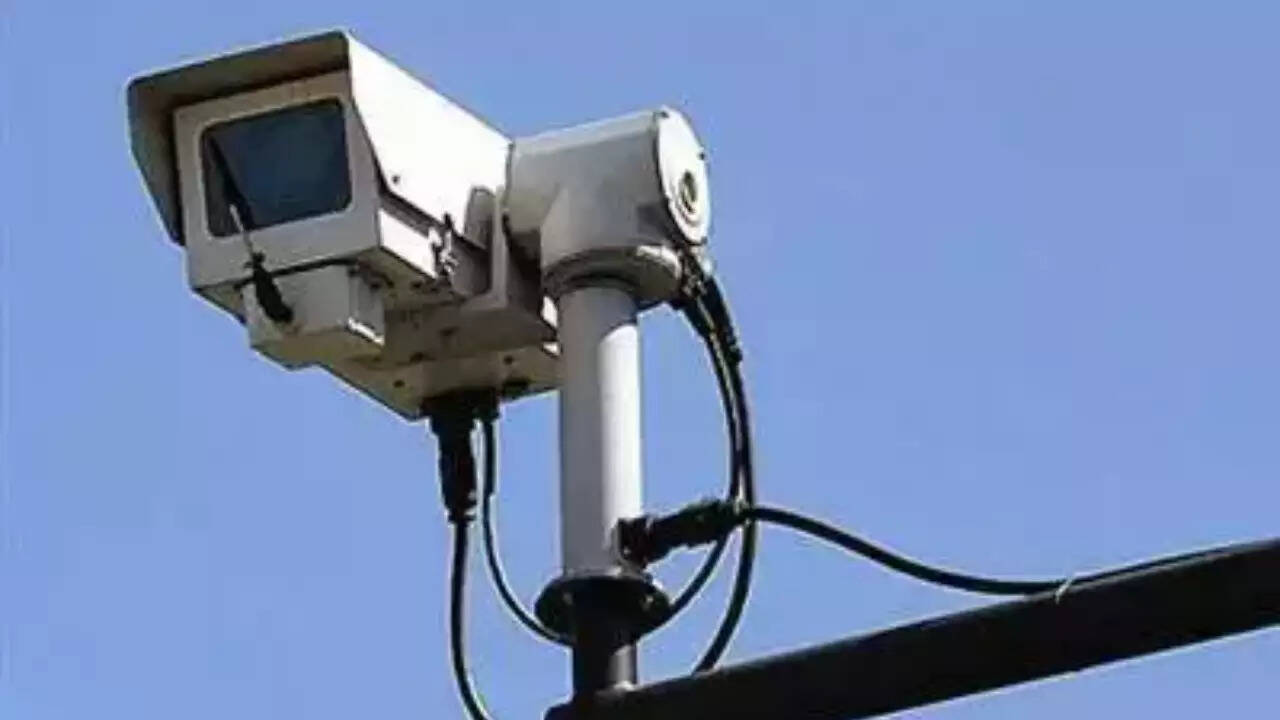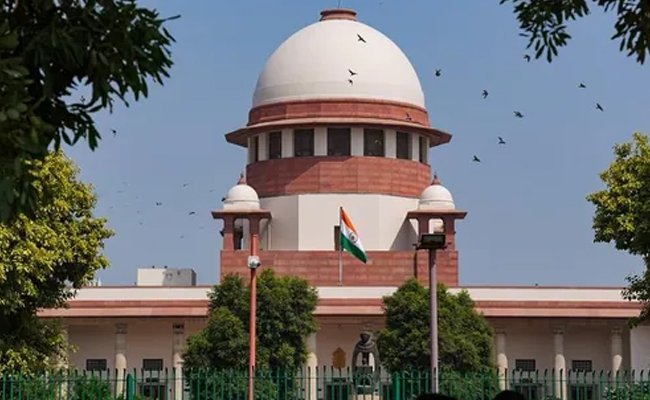New Delhi, Jul 10: Nearly one in every two medical prescriptions issued in India deviated from standard guidelines, with approximately a tenth showing "unacceptable deviations", a study, conducted by a team of researchers including those at the All India Institute of Medical Sciences (AIIMS) here, has found.
The team analysed 4,838 prescriptions issued by physicians between August 2019 and August 2020 for their compliance with standard treatment guidelines.
These prescriptions were issued at 13 Rational Use of Medicines Centres (RUMC), set up by the Indian Council of Medical Research (ICMR) and located in tertiary care teaching hospitals and medical colleges across the country.
The researchers found that among the 475 prescriptions they deemed to show unacceptable deviations from the standard guidelines, pantoprazole was prescribed the most often -- in 54 of them.
Pantoprazole is known to help bring down the acid created in stomach and is commonly available in pharmacies under many drug names, such as Pan 40.
In the 54 prescriptions, the condition being diagnosed was Herpes Zoster, or shingles -- a viral infection causing painful rashes anywhere on the body.
Tablet pantoprazole 40 milligrams was prescribed along with others, including paracetamol, and ointments, according to the study published in the Indian Journal of Medical Research.
Among these 475 prescriptions, the conditions most commonly diagnosed were found to be upper respiratory tract infections (URTI) and hypertension.
In 35 of the URTI prescriptions, the drug being prescribed was tablet rabeprazole+domperidone (used to treat gastric conditions like acid reflux), which the researchers said was responsible for the prescription to be qualified as one with "unacceptable deviation".
The tablet combination was prescribed along with others, including paracetamol and levocetirizine (treats cold and runny nose).
Tablet rabeprazole+domperidone accounted for the second highest among the prescriptions with unacceptable deviations, after pantoprazole, the authors found.
They said the most common potential consequences of irrational drug prescription for patients were high treatment costs and adverse drug reactions.
"Gastroprotective drugs are to be prescribed if the patient has a risk for developing peptic ulcer. Unnecessary prescribing of pantoprazole may lead to potential side-effects such as abdominal bloating, oedema and rash," the authors wrote.
The researchers said that most of the physicians followed the disease-specific ICMR guidelines, with about 55 per cent adherence.
Where there were no Indian guidelines or recent updates in the guidelines, physicians used the international guidelines, such as those of the American Association of Family Physician or the American Heart Association, they said.
Let the Truth be known. If you read VB and like VB, please be a VB Supporter and Help us deliver the Truth to one and all.
Bengaluru: South Western Railway (SWR) is installing a network of 943 CCTV cameras having AI technology in 79 stations, entering into coordination with RailTel Corporation of India Limited.
According to a report by Deccan Herald, the CCTV cameras will be connected to the Railway Protection Force (RPF) and the Command and Control Centre (CC Centre) in Hubballi to enhance passenger safety and also to keep vigil over the public movement in railway stations. The system helps the RPF staff in Hubballi to monitor the real time status of even smaller railway stations through the CCTV camera surveillance and alert local staff in case of any suspicious activities or safety concerns.
This is a major step of upgrade of security in the railway stations under the Hubballi Division of the SWR as only seven major stations in the Division were provided CCTV camera surveillance a few years ago. While the Hubballi Division has 123 stations, including halt stations, up to 79 stations will now be monitored through CCTV cameras.
Also, new buildings and better amenities have been provided to all important and small stations in Hubballi Division.
SWR officers have reportedly said that the camera installation work is completed, with more than half of the cameras already being connected to the CC Centre in Hubballi.
RPF Senior Divisional Security Commissioner Alok Kumar has said that smaller railway stations like Saunshi or Yalavigi too can be monitored through CCTV cameras at the CC Centre in Hubballi.
He explained that AI technology has enabled CCTV cameras that can recognize faces, count passengers, and also have colour scenes. In addition, they are equipped with video analytic facilities supporting greater efficiency in monitoring the movements of people and surveillance and security in these railway stations. The remaining railway stations will be connected with the CCTV cameras network in the next phase, he added.



_vb_72.jpeg)

